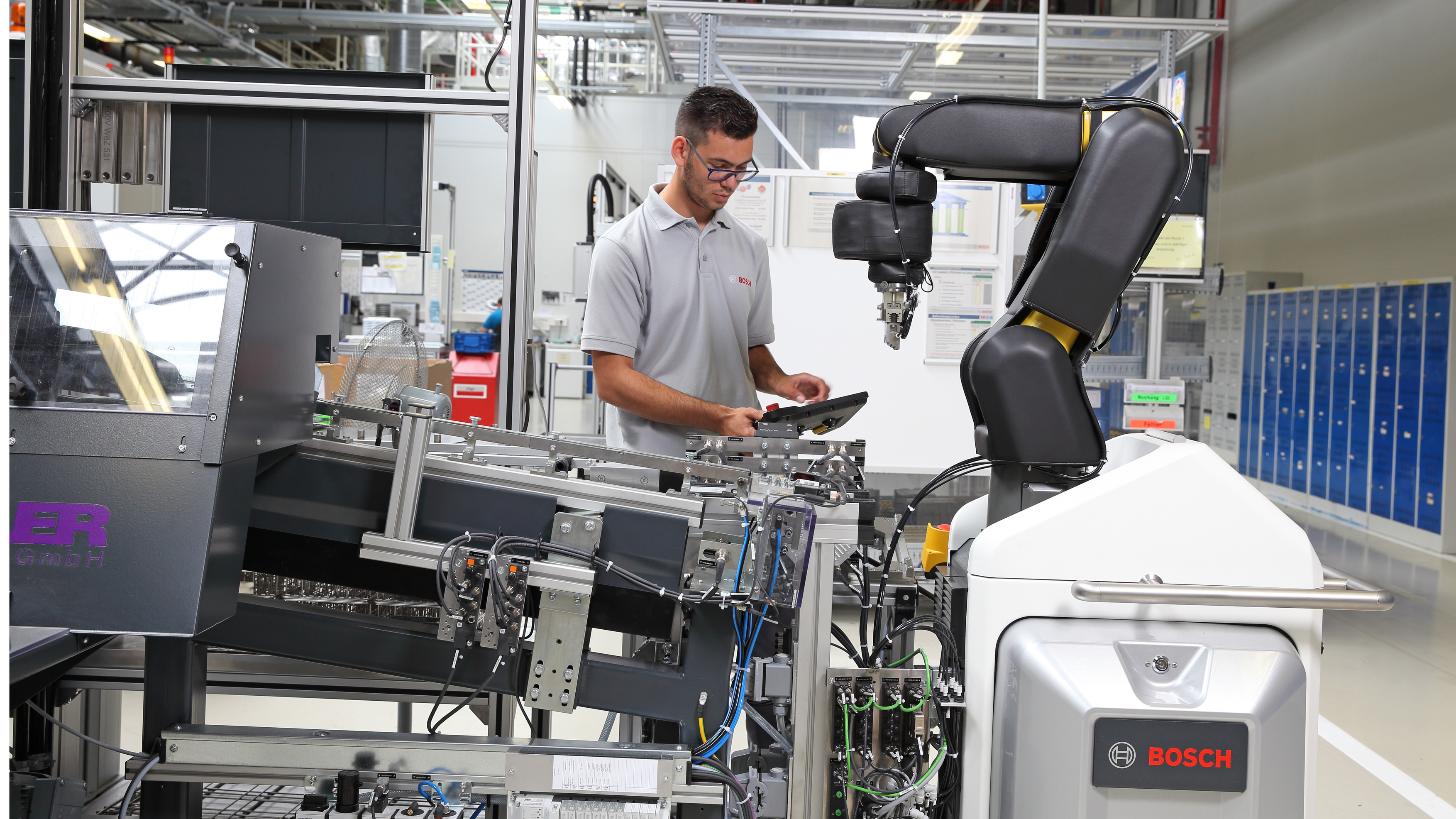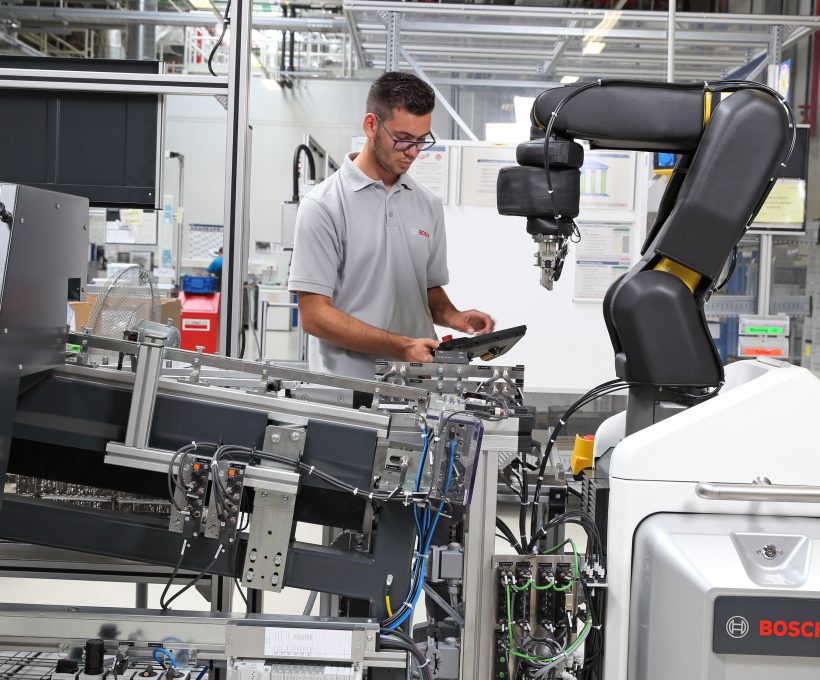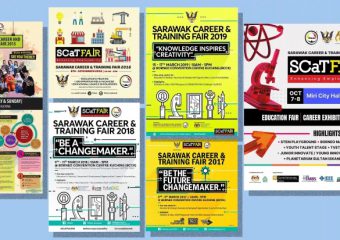Two weeks ago, educators, employers, policy makers and other stakeholders gathered in Kuching to discuss and share best practices in educating and training technical and vocational talents at the TVET Symposium 2019.
This interesting symposium focused on talent development in the digital economy, and participants had the opportunity to learn and understand Industry 4.0, current innovative trends in several economic sectors, and TVET curricula from countries such as the United Kingdom, Germany, India and Australia.
Although the symposium wasn’t geared directly towards youths, there were still relevant takeaways that we discovered.
We hope by sharing them, those who want to pursue TVET can be more prepared for the digital economy.
Find your niche
The digital age requires employees to specialise in order to adapt to technological changes and to distinguish themselves from the increasingly competitive labour market.
By becoming experts in specific fields, employees will be able to meet the needs of relevant industries and the local market, as long as they continue to keep pace with the latest trends.
TVET institutions offer specialist courses, and taking such course enables you to learn and upgrade yourself better in the future since you only need to concentrate on your preferred trade.
Have a little STEM in your TVET
While some might argue that science, technology, engineering and mathematics (STEM) and TVET are two separate areas, having the foundation in STEM can give you the advantage to thrive in TVET and the digital economy.
Regardless of whether you specialise in trades such as digital, automotive, electrical or plantation, you need to have at least a basic STEM understanding and application, including mathematics, statistics, physics and chemistry.
Don’t stop learning
Learning doesn’t stop once you leave school, and this is especially the case if you opt for the TVET pathway.
In fact, given its practical nature, the technical knowledge gained from your formal studies won’t be enough to ensure your mastery in your preferred trade.
Thus, always keep abreast with new skills and the latest innovations affecting the industry you’re in so that you’re more prepared when the technological transition arrives at your workplace.
Have the right attitude
“TVET is no longer a second choice,” was the main takeaway from the symposium, and is also the mind-set that all of us should embed in us when it comes to technical and vocational occupations.
For that, you shouldn’t shudder at the notion of having a technical career, because employers today are searching for graduates who are highly skilled.
So discover your specialty, find out how you can enhance your capabilities after your studies and always remember to have fun.
This is a weekly column by SarawakYES! – an initiative driven by Faradale Media-M Sdn Bhd and supported by Angkatan Zaman Mansang (AZAM) Sarawak – to provide advice and stories on the topics of education and careers to support Sarawakians seeking to achieve their dreams. Join us on Facebook, Twitter, Instagram and YouTube.
This article first appeared on The Borneo Post, published in the print version on Saturday, March 2, 2019.
Image Source: Bosch Media Service




